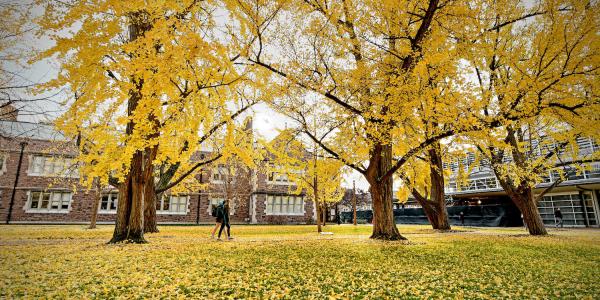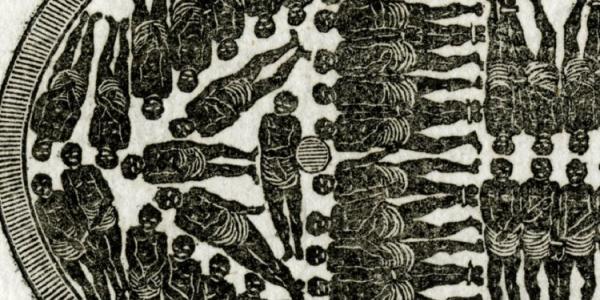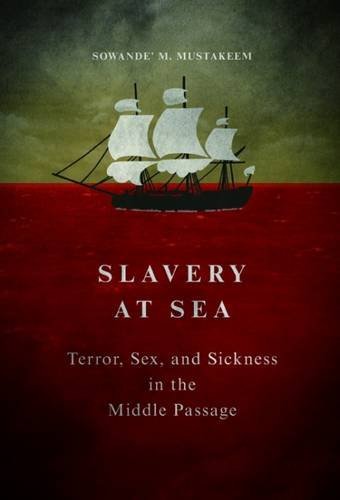Selected Publications
Articles and Reviews
“Blood Stained Mirrors: Decoding the American Slave Trading Past” in Understanding and Teaching American Slavery, Edited by Bethany Jay and Lynne (Forthcoming: University of Wisconsin Press, 2016).
“Suffering at the Margins: (Re)-Centering Black Women in Discourses on Violence and Crime,” Review Essay of The Meanings of Freedom: And Other Difficult Dialogues by Angela Y. Davis,
Arrested Justice: Black Women, Violence, and America’s Prison Nation by Beth Ritchie, and Breaking Women: Gender, Race, and The New Politics of Imprisonment by Jill McCorkel, WSQ: Women’s Studies Quarterly 42: 3 & 4 (Fall/Winter 2014): 319-323.
Marcus Rediker, North Carolina Historical Review, Vol. XC, No. 4 (October 2013): 418-419.
“Breaking the Chains: Un-Silencing the American Slaving Past” in Teaching Lincoln: What Every K-12 Students Needs to Know About Nationalism, Emancipation, Power, and Race, Edited by Caroline Pryor and Stephen Hansen (Peter & Lang Press, 2013): 121-128.
"'She Must Go Overboard & Shall Go Overboard’: Diseased Bodies and the Spectacle of Murder at Sea," in Atlantic Studies 8.3 (Fall 2011): 301-316.
'I Never Have Such A Sickly Ship Before': Diet, Disease, and Mortality in 18th-Century Atlantic Slaving Voyages," in Journal of African American History 93 (Fall 2008): pp. 474-496.
"'Make Haste & Let Me See You With A Good Cargo of Negroes': Gender, Power, and the Centrality of Violence in the Eighteenth Century Atlantic Slave Trade," in Gender, Race, Ethnicity, and Power in Maritime America, edited by Glenn Gordinier. (Mystic, CT: Mystic Seaport Museum, 2008), 3-21.
"Far Cry From a Fantasy Voyage: The Impact of the Middle Passage on Slave Societies Across the Atlantic World," in ISLAS: Official Publication of the Afro-Cuban Alliance, Inc. Year 2, No. 8, (Fall 2007).







